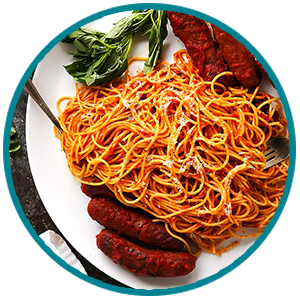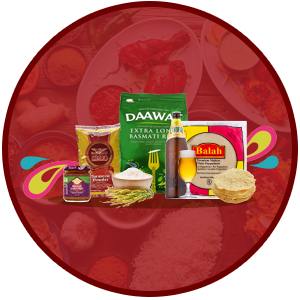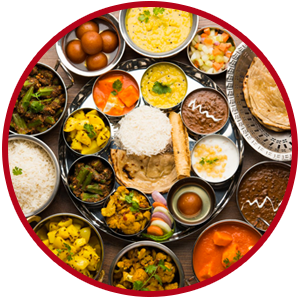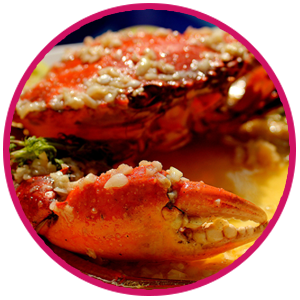
What do we mean by ‘authentic’ food?
The word ‘authentic’ is increasingly widely used in the food industry, in descriptions of restaurant gastronomic styles and on television cookery shows. But what does ‘authentic’ mean in this context?
The word originates in ancient Greek, where it means ‘genuine’. It is logical to talk about an ‘authentic’ da Vinci piece of artwork, or an ‘authentic’ Chanel bag, but can we really talk about a bowl of noodles as being ‘authentic’ in quite the same way? What are we saying about the noodles? That there is only one way to cook them?
As you can see, ‘food authenticity’ raises quite a few questions, yet in the back of our minds we all probably have some idea of what we understand when we read ‘authentic Greek cuisine’, for example.
We are not talking about the designation of origin rules for products like Champagne, Parma ham or the Cornish pasty. In Spain, high-quality food like jamónibérico, sherry and honey are isolated under a classification system called Denominación de Origen (DO) to regulate its quality and geographical origin. In this case, we know that ‘authentic’ means the products come from designated places.
What is authentic Italian or Indian?
What is really meant when we use the world ‘authentic’ is that the dishes and recipes are as close to what is accepted as traditional in its country of origin. Of course, the best way to do that is to visit the country of your preferred cuisine. Italian food will always be more ‘authentic’ in Italy, because there are regional variations that you are less likely to find in Italian restaurants in other countries. Outside Italy, restaurants mostly tend stick to the staple dishes that ‘foreigners’ recognise as Italian.
Indian food is another very good example. In the UK, it has surpassed ‘authentic’ British fish and chips as the nation’s favourite food; yet most of the dishes on an Indian menu in the UK are based on a notion of Indian food brought back by the British who ruled India. Travel to India and heads will shake if you ask for a Chicken Tikka Masala, which was allegedly created in Scotland. However, does that make this dish less worthy of its place on a restaurant menu? Only the food snobs will say yes.
In the end what matters is that we have access to the products that allow us to create the dishes we love. Is a paella made by a non-Spaniard less authentic than one made by a Spaniard? Does it really matter as long as it tastes great and it is enjoyed by everyone?
At Leo Foods we stock a wide range of ingredients for Indian and Far eastern cuisines as well as those from North and Central Africa. No other place in Marbella stocks the range of spices, pulses, rice and rare ingredients that we do – including everything that is needed for your Chicken Tikka Masala.





